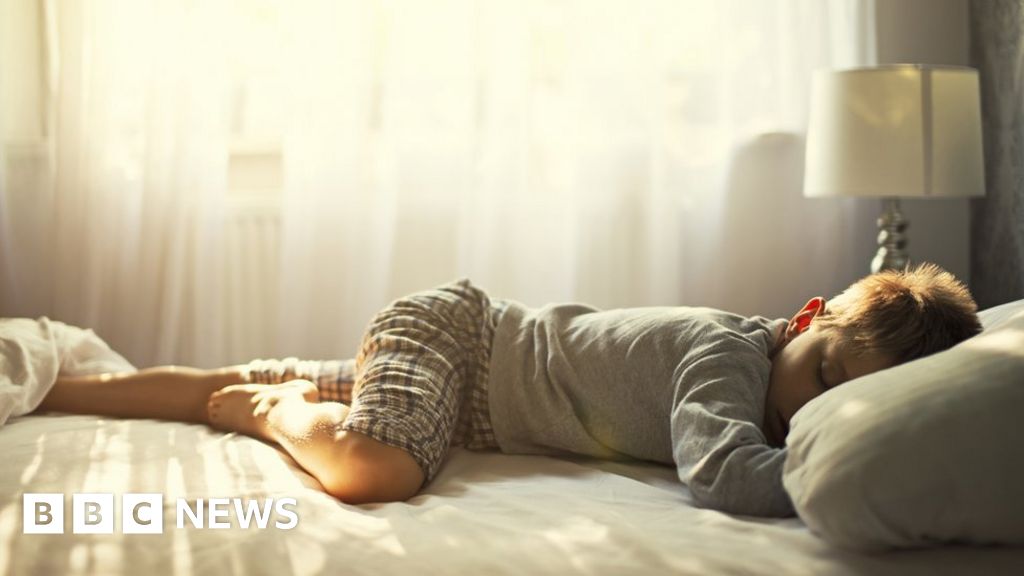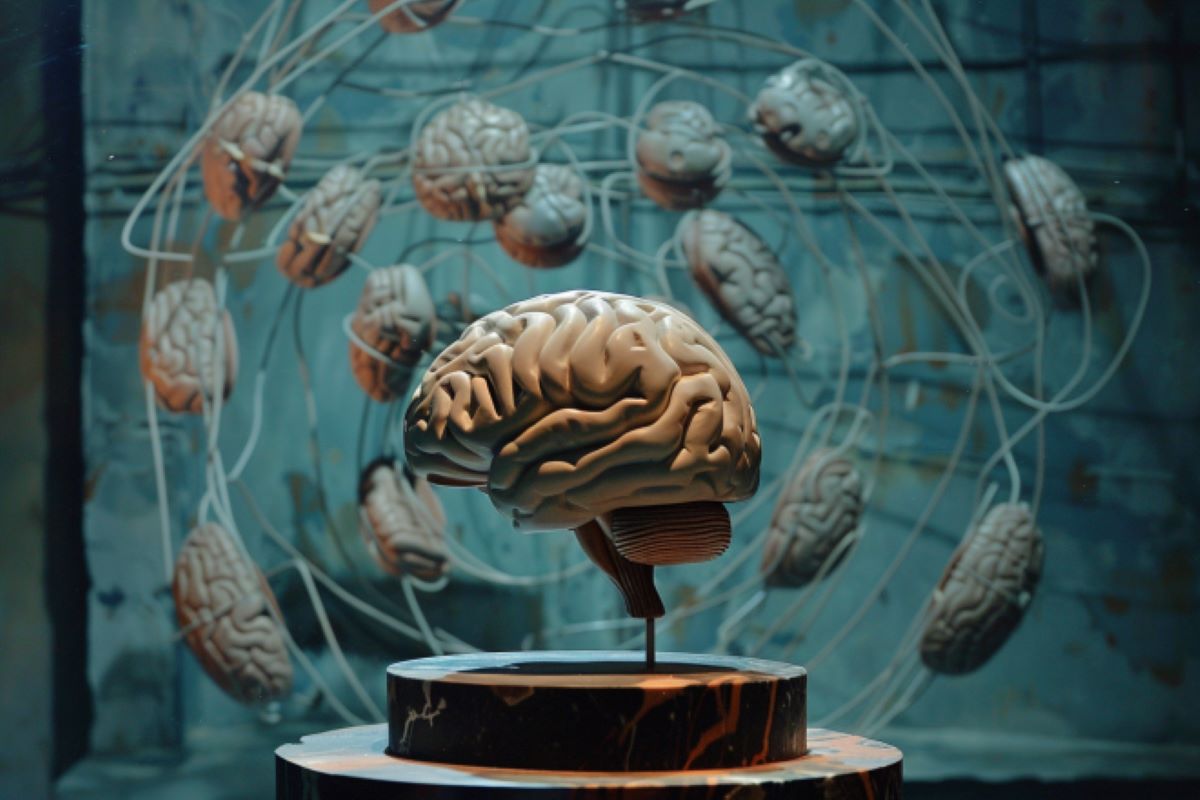Image source, Getty Images
Melatonin use is becoming “exceedingly common” among American children, with nearly one in five under age 14 now consuming melatonin to aid sleep.
Parents are increasingly giving it to younger children. About 18% of children age five to nine are using it as a sleep aid, a new study suggests.
Last year, the American Academy of Sleep Medicine issued a health advisory about melatonin use for young people.
They said parents should consult a doctor before giving it to children.
Melatonin is a hormone produced in the brain that regulates a person’s sleep cycle. It is one of the most common supplements parents in the US give to their children, according to Harvard Health.
In the US, melatonin is considered a dietary supplement – unlike in many countries, where it is classified as a drug – and can be bought without a prescription.
Research in the journal JAMA Pediatrics, published this month, spoke to parents of 993 children, ages one to 14, and found a significant increase in the reported use of melatonin in recent years.
Though melatonin can be a short-term solution to help promote sleep, the study indicated that parents were using melatonin regularly, with pre-schoolers taking the supplement for a median of 12 months, primary school aged children for 18 months and pre-teens for 21 months.
The authors caution that the study was relatively small and does not necessarily represent usage nationwide.
Still, melatonin use, across all ages, has been on the rise for the past couple decades.
An online survey earlier this year by the American Academy of Sleep Medicine suggested that about 46% of parents have given melatonin to children under the age of 13 to help them sleep. The survey also found that fathers are more likely to give kids melatonin than mothers and younger parents are more likely to provide the sleep aid than older parents.
Poison control centres in the US saw a 530% spike in reports of melatonin ingestion in children between 2012-2021, according to the Centers for Disease Control and Prevention.
Most cases were accidental and the vast majority of children – over 84% – had no symptoms, though in 1% of the reported cases the children ended up in intensive care.
Mild side effects – like daytime sleepiness, headache, nausea, and dizziness – sometimes occur from taking melatonin but little is known about the long-term effects of melatonin consumption in children and adolescents.
The American Academy of Sleep Medicine advises that parents treat melatonin like any medication and keep it out of reach of children.
They also suggest parents consult a paediatric health worker beforehand and note that “sleep problems can be better managed with a change in schedules, habits, or behaviours rather than taking melatonin”.
If used, a medical professional should recommend “the melatonin dose and timing” to address a sleep problem.

Sarah Carter is a health and wellness expert residing in the UK. With a background in healthcare, she offers evidence-based advice on fitness, nutrition, and mental well-being, promoting healthier living for readers.








